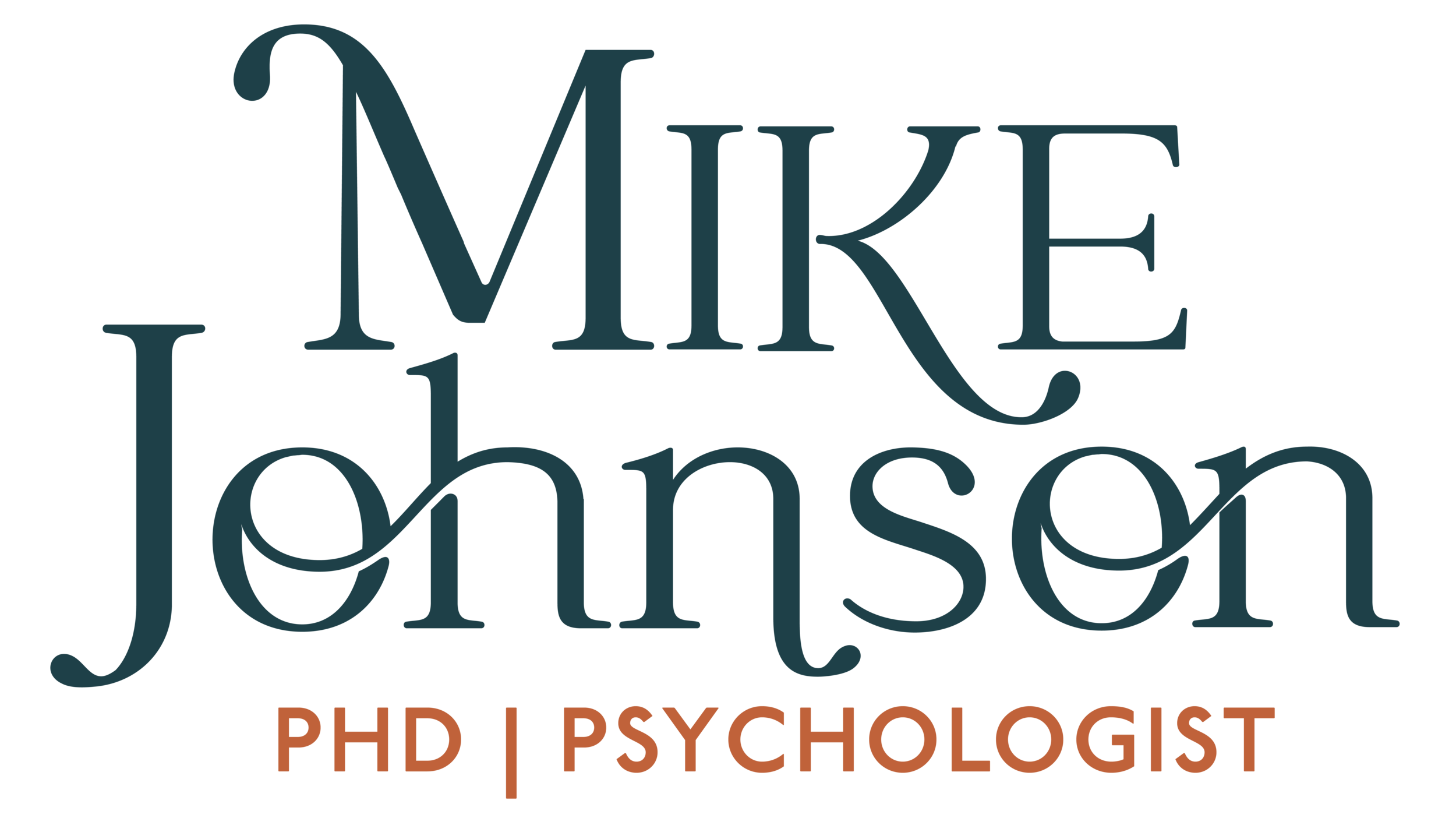For Men Who Are Considering Therapy
Therapy is not easy, and change can be scary. Especially for us men.
We are taught to control our environments and therapy is a threat to that experience of control.
Men's concerns about therapy are understandable. The prevailing perception of therapy is that it is the place where you talk about feelings. Unfortunately, this perception tends to run contrary to tenets of the unwritten man code such as maintain emotional control and guard against emotional vulnerability. As a result, therapy is seen as a place where men do not have control and are expected to be a certain way that they have spent most of their lives being the opposite.
I remember my first experience with counseling was while I was in college. I sought out career counseling because I could not figure out what I wanted my college major to be. She was a Black woman who was very personable, helpful, and was exactly what I needed at the time. I saw another therapist while I was going through a particularly difficult time that my grandmother found for me. This therapist, too, was a woman, but was not a good fit. She was more professionally detached, and I could not feel comfortable enough with her to be emotionally vulnerable. And I was not at a place where I was willing to take the emotional risks necessary to benefit from therapy. It was not until I entered graduate school and began pursuing therapy to work through emotional blockages to my academic training that I experienced the full benefits of talking with a professional. I was able to find male and female therapists who assisted me in learning how to be more emotionally connected, identify my emotions and share them with others, rely more on both rational and emotional sources of information, and address past experiences that were affecting my present functioning.
These examples demonstrate that we need to determine if a therapist is a good fit for us; something that we may not fully know until we interact with them. They also exemplify emotional readiness. We need to be willing to change including take risks sharing personal thoughts and emotions with a trusted someone.
Many men who attend therapy usually do so out of coercion from a significant other. Sometimes that other person is a parent, but in most cases, it is a girlfriend or wife. They are usually threatening to end the relationship if we do not address our intimacy issues, anger outbursts, over-dependence on them for relationship needs, or affairs.
In other situations, men are seeking out therapy on their own because they noticed a discrepancy between what they were experiencing in their life and what they wanted for their life. Maybe they struggle with depressed mood, anxiety or difficulty feeling confident.
Regardless of the reason, men who seek therapy are courageous. They are willing to challenge stigmas about therapy and see it as a resource and potential safe place from which to make changes. Most especially, these men are willing to give up control, be vulnerable, ask for help, and make meaningful changes for a more satisfying life.
As men, we can realize that we have an untapped emotional reservoir that is important to nurture and share with others. We can recognize that skills such as emotional control are valuable and necessary under certain conditions. We also can admit that the unwritten man code limits our potential and causes more problems than it is worth. For example, we could be having deeper friendships with other men, access resources such as therapy to learn better ways to manage emotions such as anger, and embrace being emotionally vulnerable in our intimate relationships. We can be so much more if only we allow ourselves to develop our emotional potential by redefining what it means to be a man. We can benefit from a definition of masculinity that expands our potential rather than limits it.

